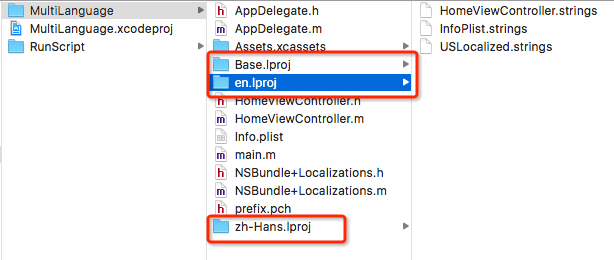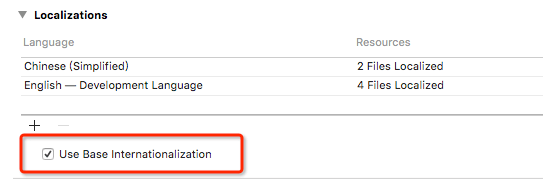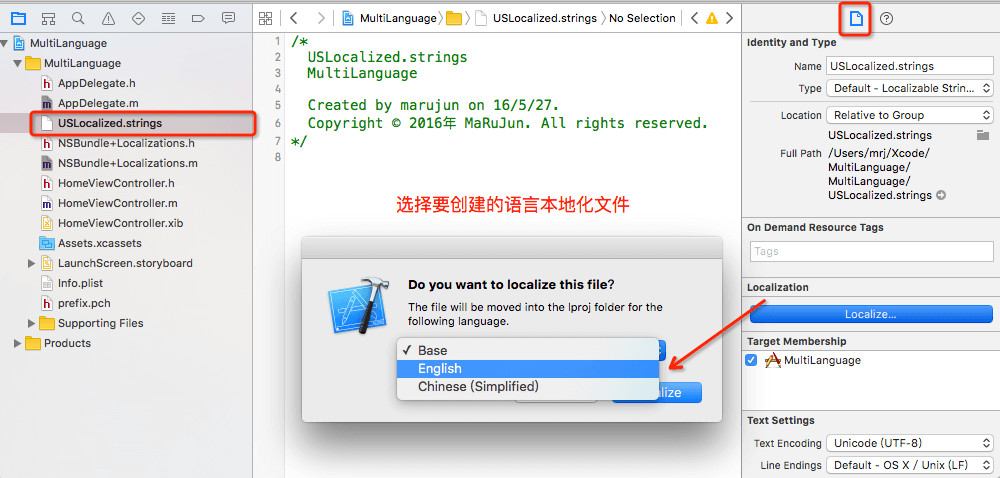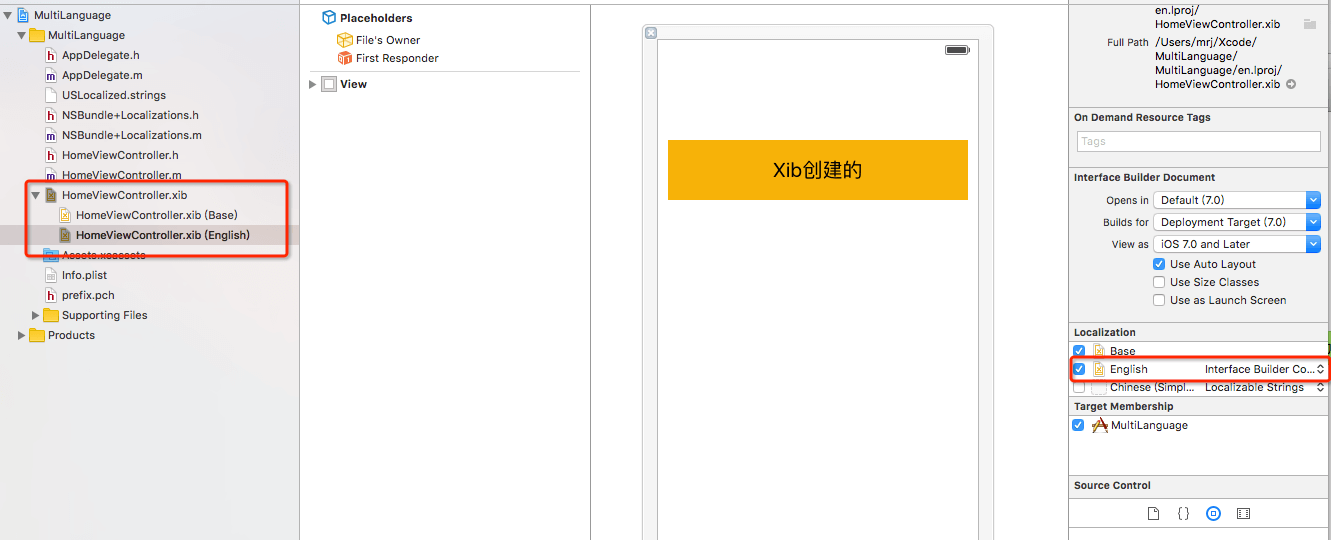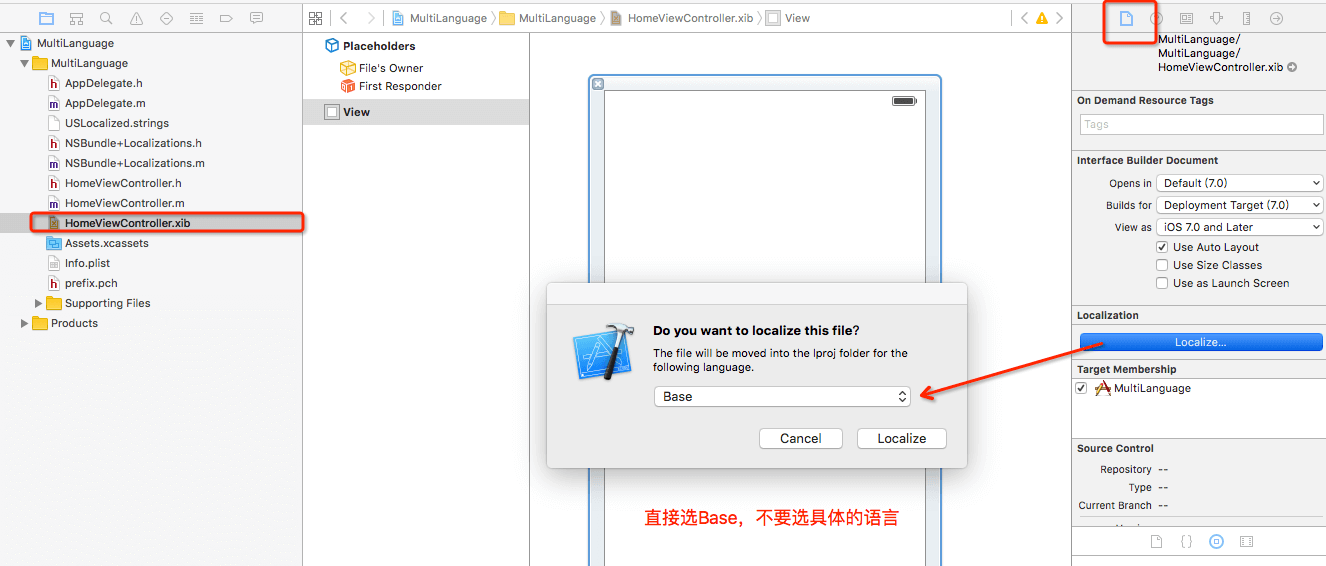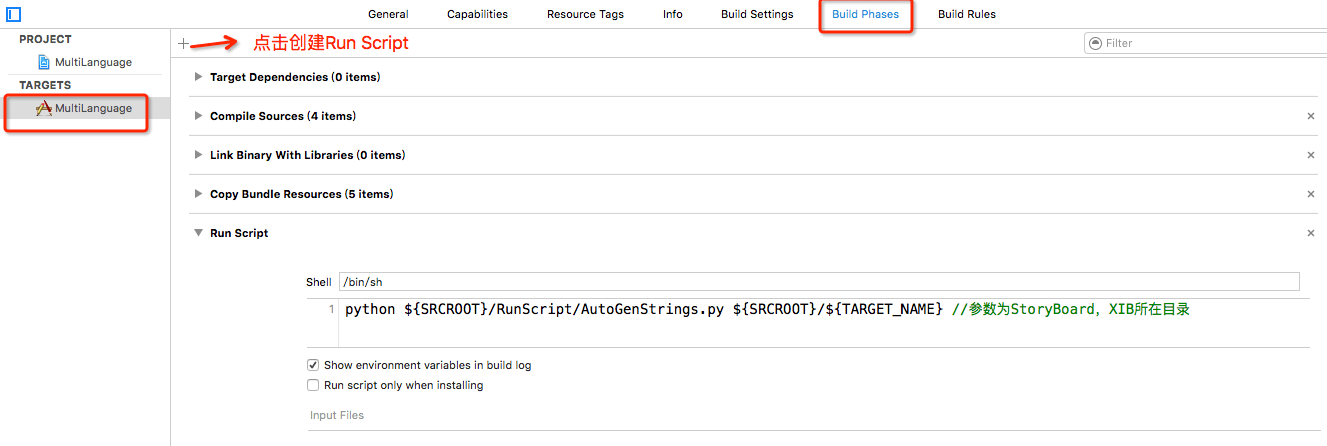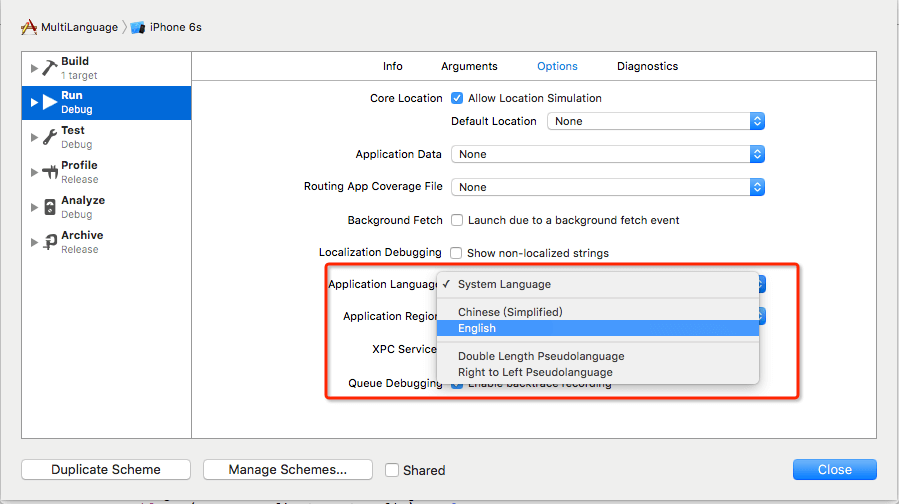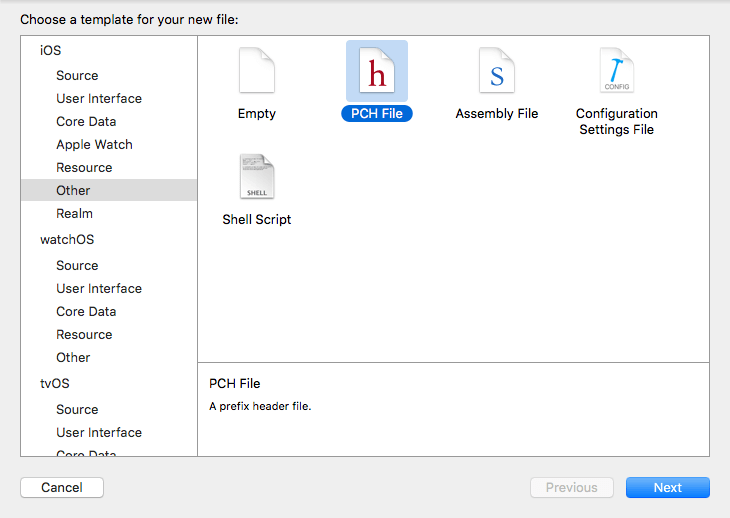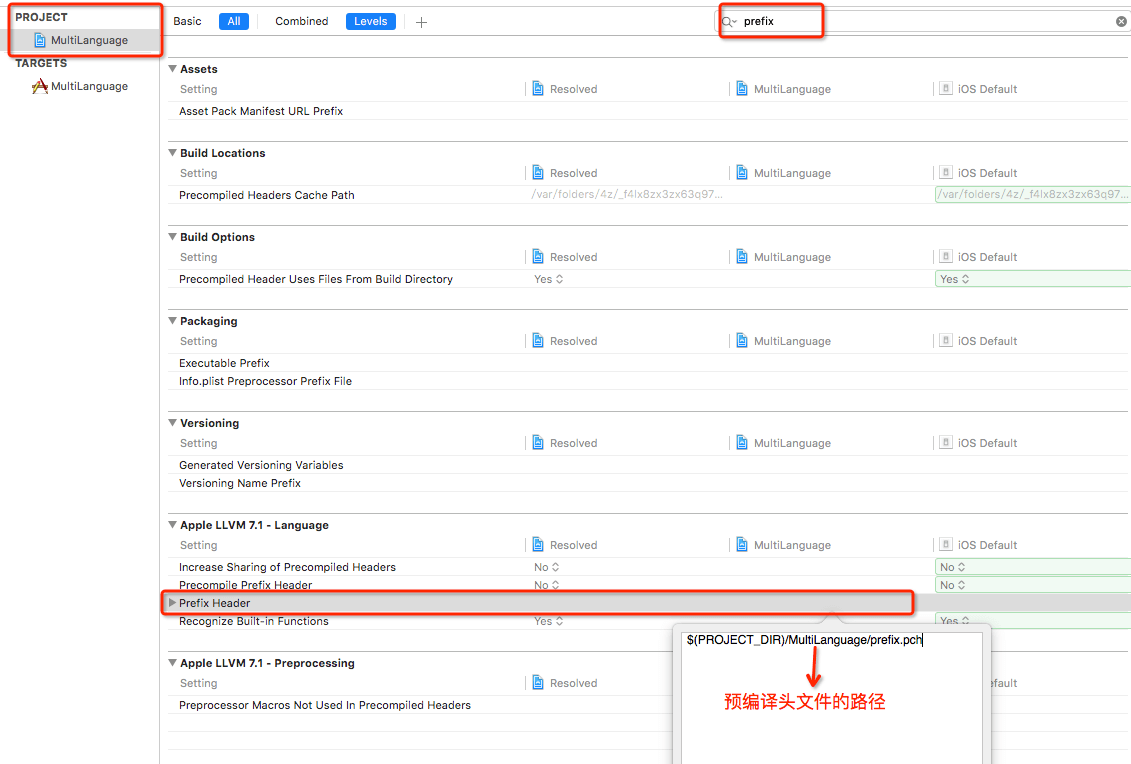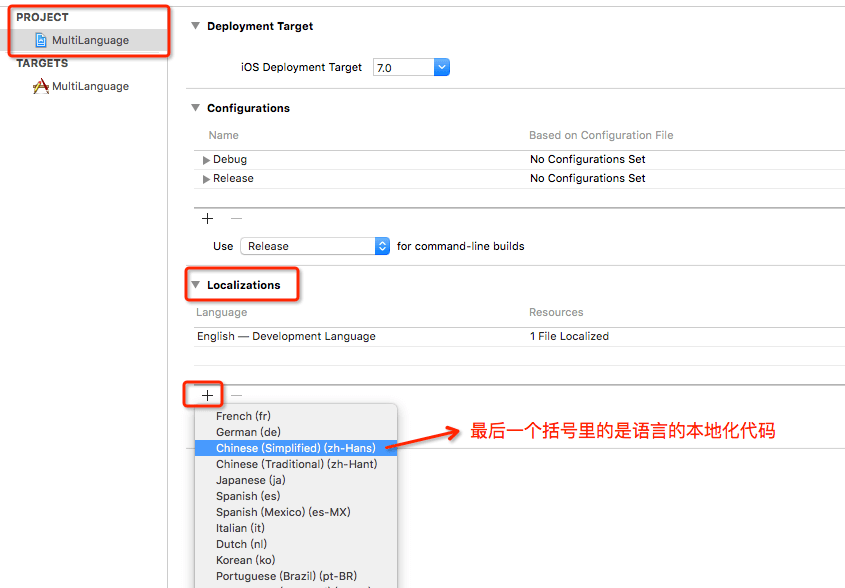"""
untitled.py
Created by linyu on 2015-02-13.
Copyright (c) 2015 __MyCompanyName__. All rights reserved.
"""
import imp
import sys
import os
import glob
import string
import re
import time
import traceback
imp.reload(sys)
sys.setdefaultencoding('utf-8')
KSourceFile = 'Base.lproj/*.xib'
KTargetFile = '*.lproj/*.strings'
KGenerateStringsFile = 'TempfileOfStoryboardNew.strings'
ColonRegex = ur'["](.*?)["]'
KeyParamRegex = ur'["](.*?)["](\s*)=(\s*)["](.*?)["];'
AnotationRegexPrefix = ur'/(.*?)/'
def getCharaset(string_txt):
filedata = bytearray(string_txt[:4])
if len(filedata) < 4 :
return 0
if (filedata[0] == 0xEF) and (filedata[1] == 0xBB) and (filedata[2] == 0xBF):
print 'utf-8'
return 1
elif (filedata[0] == 0xFF) and (filedata[1] == 0xFE) and (filedata[2] == 0x00) and (filedata[3] == 0x00):
print 'utf-32/UCS-4,little endian'
return 3
elif (filedata[0] == 0x00) and (filedata[1] == 0x00) and (filedata[2] == 0xFE) and (filedata[3] == 0xFF):
print 'utf-32/UCS-4,big endian'
return 3
elif (filedata[0] == 0xFE) and (filedata[1] == 0xFF):
print 'utf-16/UCS-2,little endian'
return 2
elif (filedata[0] == 0xFF) and (filedata[1] == 0xFE):
print 'utf-16/UCS-2,big endian'
return 2
else:
print 'can not recognize!'
return 0
def decoder(string_txt):
var = getCharaset(string_txt)
if var == 1:
return string_txt.decode("utf-8")
elif var == 2:
return string_txt.decode("utf-16")
elif var == 3:
return string_txt.decode("utf-32")
else:
return string_txt
def constructAnotationRegex(str):
return AnotationRegexPrefix + '\n' + str
def getAnotationOfString(string_txt,suffix):
anotationRegex = constructAnotationRegex(suffix)
anotationString = ''
try:
anotationMatch = re.search(anotationRegex,unicode(string_txt))
if anotationMatch:
match = re.search(AnotationRegexPrefix,anotationMatch.group(0))
if match:
anotationString = match.group(0)
except Exception as e:
print 'Exception:'
print e
return anotationString
def compareWithFilePath(newStringPath,originalStringPath):
nspf=open(newStringPath,"r")
newString_txt = decoder(str(nspf.read(5000000)))
nspf.close()
newString_dic = {}
anotation_dic = {}
for stfmatch in re.finditer(KeyParamRegex , newString_txt):
linestr = stfmatch.group(0)
anotationString = getAnotationOfString(newString_txt,linestr)
linematchs = re.findall(ColonRegex, linestr)
if len(linematchs) == 2:
leftvalue = linematchs[0]
rightvalue = linematchs[1]
newString_dic[leftvalue] = rightvalue
anotation_dic[leftvalue] = anotationString
ospf=open(originalStringPath,"r")
originalString_txt = decoder(str(ospf.read(5000000)))
ospf.close()
originalString_dic = {}
for stfmatch in re.finditer(KeyParamRegex , originalString_txt):
linestr = stfmatch.group(0)
linematchs = re.findall(ColonRegex, linestr)
if len(linematchs) == 2:
leftvalue = linematchs[0]
rightvalue = linematchs[1]
originalString_dic[leftvalue] = rightvalue
for key in originalString_dic:
if(key not in newString_dic):
keystr = '"%s"'%key
replacestr = '//'+keystr
match = re.search(replacestr , originalString_txt)
if match is None:
originalString_txt = originalString_txt.replace(keystr,replacestr)
executeOnce = 1
for key in newString_dic:
values = (key, newString_dic[key])
if(key not in originalString_dic):
newline = ''
if executeOnce == 1:
timestamp = time.strftime('%Y-%m-%d %H:%M:%S',time.localtime(time.time()))
newline = '\n//##################################################################################\n'
newline +='//# AutoGenStrings '+timestamp+'\n'
newline +='//##################################################################################\n'
executeOnce = 0
newline += '\n'+anotation_dic[key]
newline += '\n"%s" = "%s";\n'%values
originalString_txt += newline
sbfw=open(originalStringPath,"w")
sbfw.write(originalString_txt)
sbfw.close()
def extractFileName(file_path):
seg = file_path.split('/')
lastindex = len(seg) - 1
return seg[lastindex]
def extractFilePrefix(file_path):
seg = file_path.split('/')
lastindex = len(seg) - 1
prefix = seg[lastindex].split('.')[0]
return prefix
def generateStoryboardStringsfile(storyboard_path,tempstrings_path):
cmdstring = 'ibtool '+storyboard_path+' --generate-strings-file '+tempstrings_path
if os.system(cmdstring) == 0:
return 1
def main():
filePath = sys.argv[1]
sourceFilePath = filePath + '/' + KSourceFile
sourceFile_list = glob.glob(sourceFilePath)
if len(sourceFile_list) == 0:
print sourceFilePath + 'error dictionary,you should choose the dic upper the Base.lproj'
return
targetFilePath = filePath + '/' + KTargetFile
targetFile_list = glob.glob(targetFilePath)
tempFile_Path = filePath + '/' + KGenerateStringsFile
if len(targetFile_list) == 0:
print 'error framework , no .lproj dic was found'
return
for sourcePath in sourceFile_list:
sourceprefix = extractFilePrefix(sourcePath)
sourcename = extractFileName(sourcePath)
print 'init with %s'%sourcename
if generateStoryboardStringsfile(sourcePath,tempFile_Path) == 1:
print '- - genstrings %s successfully'%sourcename
for targetPath in targetFile_list:
targetprefix = extractFilePrefix(targetPath)
targetname = extractFileName(targetPath)
if cmp(sourceprefix,targetprefix) == 0:
print '- - dealing with %s'%targetPath
compareWithFilePath(tempFile_Path,targetPath)
print 'finish with %s'%sourcename
os.remove(tempFile_Path)
else:
print '- - genstrings %s error'%sourcename
if __name__ == '__main__':
main()
